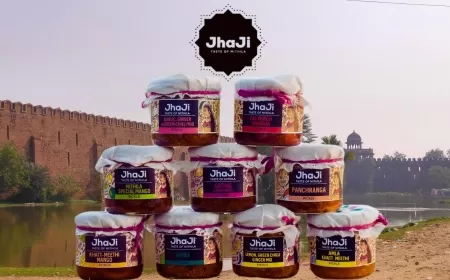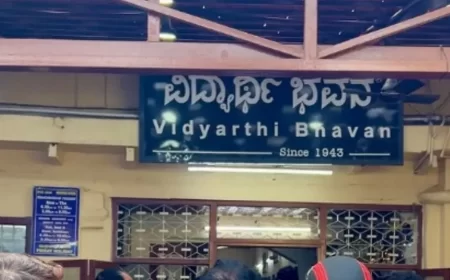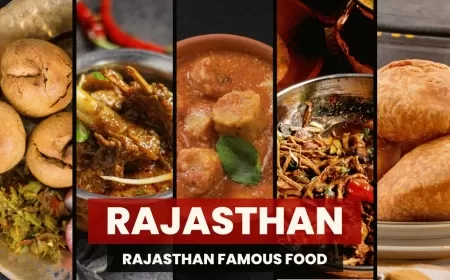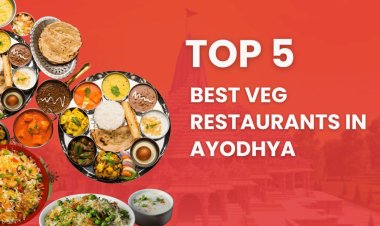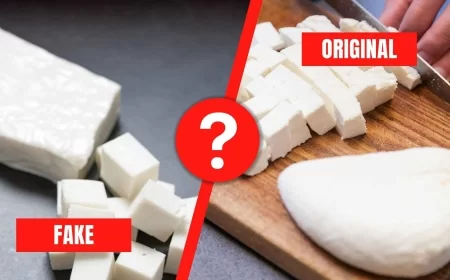Zomato CEO Deepinder Goyal Proposes Personalized ‘Match Score’ Over Traditional Ratings, Sparks Debate
Zomato CEO Deepinder Goyal proposes a personalized ‘match score’ system over traditional ratings, aiming to tailor restaurant recommendations to individual tastes. The idea sparks mixed reactions. Learn how this change could boost customer satisfaction and reordering.

New Delhi: Zomato CEO Deepinder Goyal has stirred up a lively debate by proposing a shift from traditional crowd-based restaurant ratings to a more personalized "match score" system. Announcing the idea on X (formerly Twitter), Goyal highlighted the limitations of standard ratings and suggested a tailored approach to help users find restaurants that better align with their unique tastes.
“We all have different tastes in food — so why rely on the same restaurant ratings?” Goyal wrote. “Internally at Zomato, we’ve been trying out personalized ‘match scores’ instead of traditional ratings, and we’re loving it.”
What is Zomato’s Match Score?
The proposed "match score" is designed to recommend restaurants based on individual user preferences, moving away from mass reviews that may not reflect everyone's tastes. Goyal emphasized that this system reduces bias stemming from crowd opinions and enhances the chances of users discovering eateries that match their specific food choices.
“Match score reduces bias from mass opinions that might not match your taste. As a result, we’re discovering more relevant restaurants than ever before,” Goyal explained, inviting user feedback on whether they’d prefer personalized match scores or traditional ratings.
Mixed Reactions from Users
The proposal sparked a diverse range of reactions online. Supporters praised the idea, suggesting that a personalized system could improve dining experiences by recommending hidden gems that might otherwise be overlooked.
“That sounds like a brilliant idea. I’m always frustrated when a highly-rated restaurant just doesn’t align with my personal tastes. Personalized match scores could definitely help me discover hidden gems,” one user commented.
However, critics voiced concerns about the over-reliance on algorithms and the potential for commercial bias. “The problem with match scores is the control corporations have. Today it may be unbiased, but tomorrow it could prioritize paid partnerships. It’s better to offer both options to customers,” noted another user.
Some also feared that such algorithms could create a "familiarity bias," limiting exposure to new cuisines and experiences. “This could lead to an echo chamber of food choices, where I only see what I already like and miss out on trying something new,” a user pointed out.
A Call for a Hybrid Approach
Several users suggested a balanced approach that blends traditional ratings with personalized recommendations. “A hybrid model would be ideal — show both ratings and match scores, similar to how Netflix recommends shows. Plus, adding trending spots like ‘Top 10 in Chandni Chowk’ could make the experience more engaging,” one user suggested.
Another agreed, saying, “Food is deeply personal. A match score could help uncover hidden gems that align with individual tastes, but I wouldn’t rely on it alone. A mix of both systems would be the best solution.”
How Match Scores Could Improve Customer Reordering
One of the significant potential benefits of Zomato’s match score is an increase in customer satisfaction, leading to higher chances of repeat orders from the same restaurant. Personalized recommendations mean users are more likely to find eateries that perfectly match their preferences, resulting in a better dining experience.
When customers discover a restaurant that suits their specific tastes, they are more inclined to reorder, boosting loyalty and driving repeat business for restaurants. This personalized approach can also streamline the ordering process, reducing the time users spend browsing and increasing their overall satisfaction.
Moreover, for users who frequently reorder from the same restaurants, match scores can fine-tune suggestions, recommending specific dishes based on previous orders, further enhancing the dining experience.
The Future of Restaurant Discovery on Zomato
While the debate continues, Zomato’s proposed shift towards personalized match scores marks a significant step in redefining how users discover food. Whether the platform adopts a fully personalized system or opts for a hybrid approach, the focus remains on enhancing the customer experience and making restaurant discovery more tailored and satisfying.
As Goyal concluded in his post, “We’d love to hear from you! Would you prefer match scores tailored to your preferences or stick with traditional ratings?”
With evolving customer preferences and the rise of AI-driven personalization, Zomato’s next move could reshape the future of online food discovery.
What's Your Reaction?
 Like
0
Like
0
 Dislike
0
Dislike
0
 Love
0
Love
0
 Funny
0
Funny
0
 Angry
0
Angry
0
 Sad
0
Sad
0
 Wow
0
Wow
0














